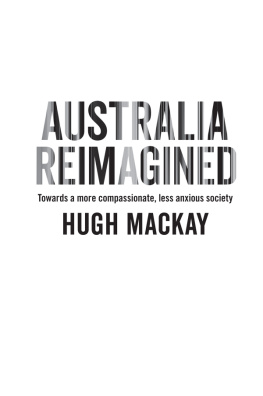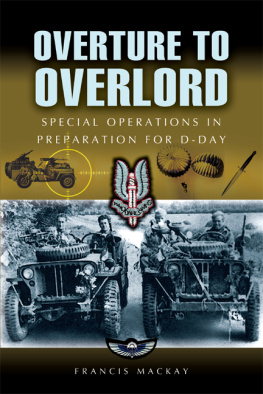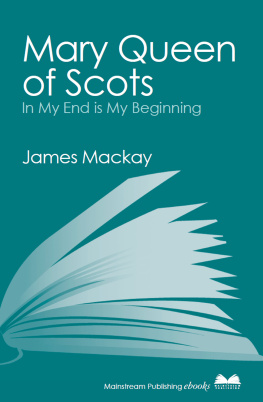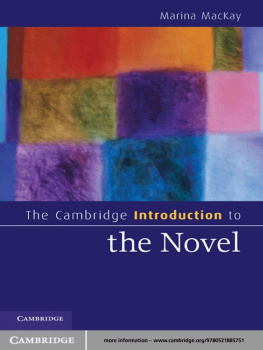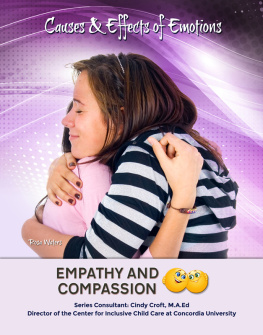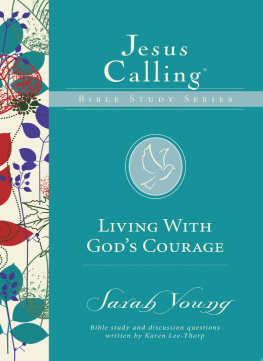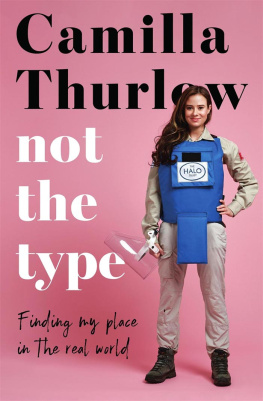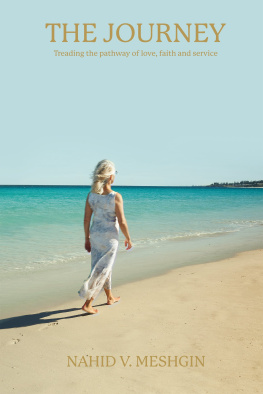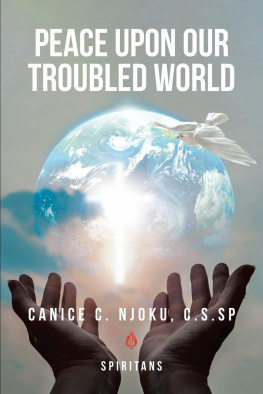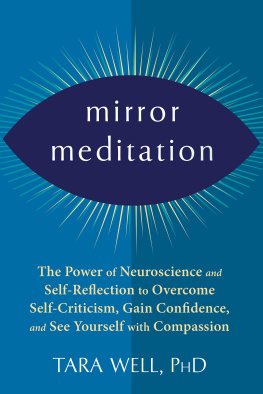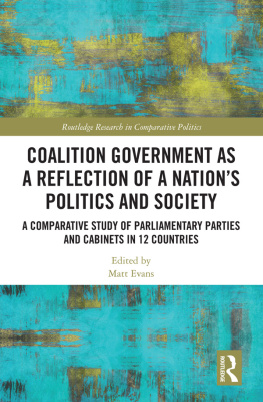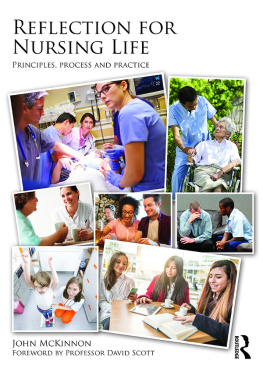About Australia Reimagined
When it comes to our future, misplaced optimism is as dangerous as blind faith. What is needed is the courage to face the way things are, and the wisdom and imagination to work out how to make things better.
Australias unprecedented run of economic growth has failed to deliver a more stable or harmonious society. Individualism is rampant. Income inequality is growing. Public education is under-resourced. The gender revolution is stalling. We no longer trust our major institutions or our political leaders. We are more socially fragmented, more anxious, more depressed, more overweight, more medicated, deeper in debt and increasingly addicted - whether to our digital devices, drugs, pornography or stuff.
Yet esteemed social researcher Hugh Mackay remains optimistic. Twenty-five years ago, he revolutionised Australian social analysis with the publication of Reinventing Australia. Now he takes another unflinching look at us and offers some compelling proposals for a more compassionate and socially cohesive Australia. You might not agree with everything he suggests, but youll find it hard to get some of his ideas out of your head.
Argued with intelligence and passion, this book is essential reading for everyone who loves Australia enough to want to make it a better place for us all.

Contents
To Sheila
INTRODUCTION
Compassion
changes everything
Sometimes, when I talk to people about the state of the nation, they wonder if Im some kind of prophet of doom. Nothing could be further from my intent. I love Australia and am full of optimism about its future, especially as the rising generation of young Australians more nimble, adaptable and open-minded than the rest of us gradually take over. But if, as I suspect, we are in more trouble than many of us realise, the best starting point for course correction is to acknowledge where we are now, and how we got here.
As a social scientist, Im inviting you on a journey into the heart of the nation, to take a look at whats really going on beneath the surface noise. Im also encouraging you to consider the possibility that the clearest signs of the health of a society are to be found in the life of its local neighbourhoods and communities. And Im urging all of us to bring more compassion to our discourse both public and private about the kind of society we want to become.
The book examines our troubling epidemic of anxiety and its causes; the damage done to our social fabric by attacks on our cultural diversity; the hazards we face if we surrender too much control to emerging information technology; and the ways our social cohesion is threatened by the onrush of social change and the widening fault lines of social and economic inequality. The underlying theme is that we are suffering from a deficit of compassion.
After 26 years of continuous economic growth, income inequality is increasing, national and household debt are at unsustainable levels, we are quibbling about the entitlements of welfare recipients (particularly those for whom we cant find work), we are asking students to bear an ever-greater proportion of the cost of their tertiary education, and we have been shutting young first-home buyers out of the housing market. How did that all happen?
At a time when there are 65 million refugees and displaced persons in the world, how did a society like ours, with a history of commitment to the fair go and the second chance, become so heartless in our treatment of asylum seekers? How did we manage to degrade our public schools to the point where overall education standards are in decline? How come we havent made more progress towards genuine gender equality?
Part of the answer is that we, like many Western societies, are in the midst of a period of such rampant individualism and materialism that we have become more self-absorbed, more competitive and more socially fragmented. As a result, we no longer engage with such issues as we once did.
But these trends are not irreversible. Our capacity for hard thinking, tempered by compassion the powerful combination former NSW premier Nick Greiner described as tough minds, tender hearts is what has always prevented us from descending into chaos, and it can keep on preventing us.
In writing this book, I have been inspired by the many communities and individuals who are showing us how to become a more generous, more compassionate, more cohesive and more harmonious society. Their example reminds us that the state of the nation actually starts in our own street.
PART I
THE WAY WE ARE
We need more
courage than luck
If you do not change direction, you may end up where you are heading.
Lao Tzu
Do you ever find yourself pondering questions like these:
Will my job be replaced by a robot?
Will cash disappear?
Will terrorism threaten our way of life?
Is religion really on the way out?
Why has politics become so annoying?
Will climate change decimate the human population?
Will artificial intelligence take over?
Are gender distinctions becoming irrelevant?
Which are the real rogue states?
Will I be able to understand what my grandchildren are talking about?
Perhaps you find yourself trying not to ponder such questions. We humans have an inbuilt tendency towards inertia leaving things as they are; staying put; keeping on doing what weve always done. Habits, rituals, repetitive practices... our attachment to the familiar can be a source of comfort, but sometimes familiarity can send us the wrong signal, reassuring us that everything can go on as it is even when other signals are telling us the very opposite. This is one of those times: the quote from Lao Tzu at the top of the chapter precisely captures the dilemma we are now facing.
Two seminal facts about Australia, taken together, suggest we are in urgent need of some course correction. Fact number one: thanks to our rate of relationship breakdown, our shrinking households, our busy lives, our increasing income inequality and our ever-increasing reliance on information technology, we are a more fragmented society than we have ever been. Fact number two: we are in the grip of an epidemic of anxiety. Two million of us suffer an anxiety disorder in any one year, and the closely related epidemics of depression and obesity swell that number even more.
Those two facts are so closely connected we should think of them as two sides of the same coin. Heads, were more fragmented; tails, were more anxious. Much more needs to be said about the stories that lie behind these twin facts and about the societal context in which they exist, but it doesnt take much imagination to see the link: because we are herd animals by nature, we become anxious when we are cut off from the herd and our anxiety, in turn, induces the kind of self-absorption that further inhibits social interaction. Its a vicious circle.
There is no cause for despair (yet), but there is certainly a reason to reflect on ways we might live differently as individuals, as neighbours and as citizens if we are to cope with life in a world that looks a bit like a spinning kaleidoscope whose patterns keep changing too quickly for us to read them. The challenge of coping with change is magnified when personal relationships are more transient, fragile and increasingly mediated through technology. Its harder to deal with upheavals in our personal or working life if were not supported by a caring and compassionate family, or a stable network of friends, neighbours or colleagues. Its harder to stay calm about the future if we dont have someone we can share our concerns with, or if were living with an empathy deficit.

